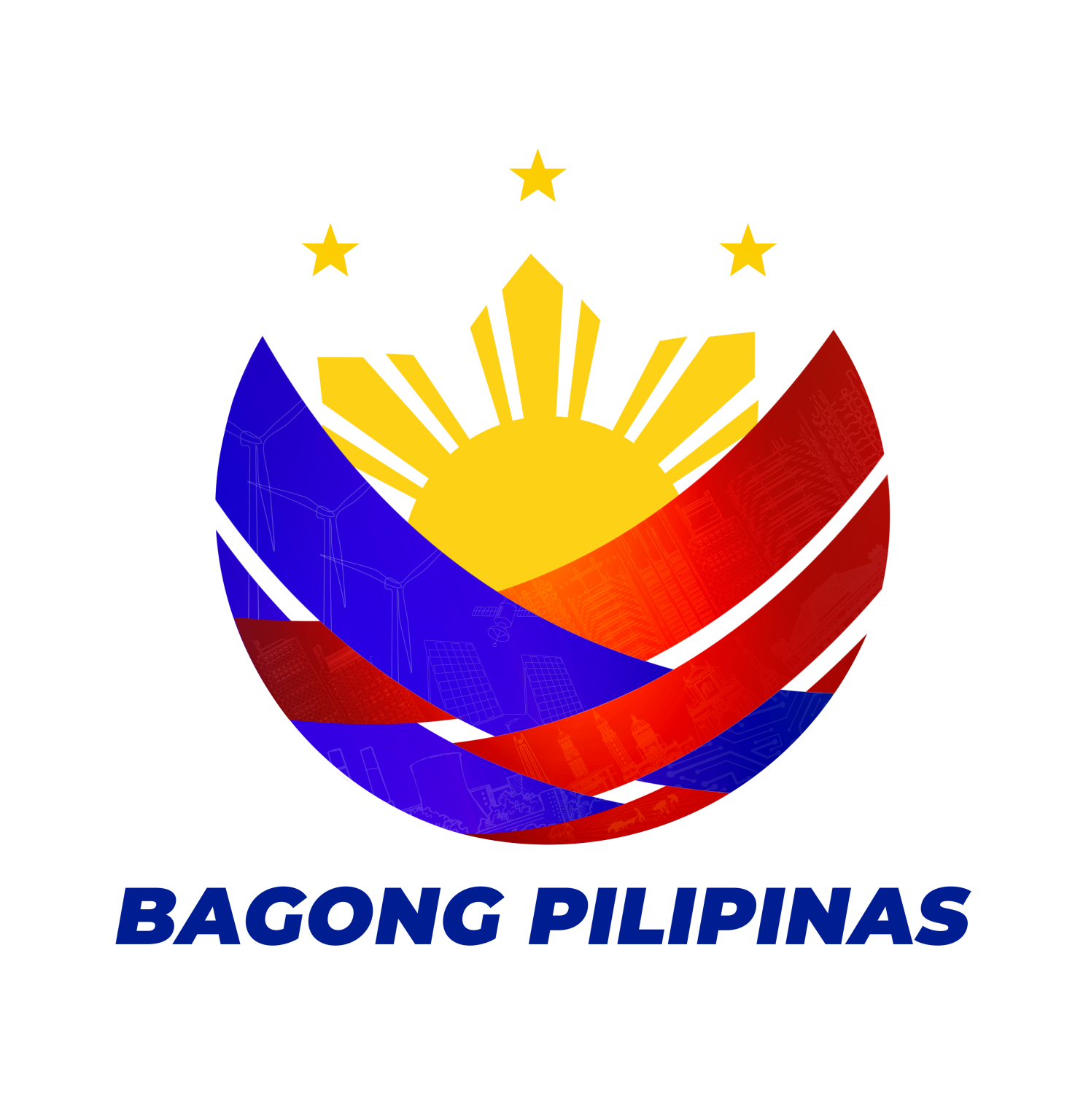They have always been regarded as the people who jump in the waters of the sea for some coins. But beyond their knowledge and expertise in the command of the waves is a community struggling to rise from the tides of poverty. They are Bajaus.
In the coastal road of Barangay Caragasan, Zamboanga City, there live a community of indigenous people known to us as Bajau. Fishing is their main source of livelihood as they are experts in deep sea diving and fishing. In fact, they are widely known as “Sea Gypsies.” But they are also known for their unique culture that is reflected in their music, fashion and lifestyle.

During the payout conducted by the Department of Social Welfare and Development IX (DSWD) thru the Social Technology Unit-Comprehensive Program for Sama Bajau on Monday, we have met Basaria J. Tahaji, 32, a volunteer who selflessly give her service for the good of her community in the Ayuda Badjao.
Basaria narrates how she has personally seen the changes in the lives of her fellow Bajaus. She tells us how DSWD interventions particularly the Empowering Learning System and Values Formation provide an avenue of self-development among these Indigenous People (IP).
“Dati kung makikita mo ang mga Bajau walang tsinelas, karamihan sa kanila walang birth certificate tapos iniisip ng mga tao panggulo sila sa kalsada. Pero ngayon iba na. makikita mo na talagang gusto nilang matuto. (Bajau before do not wear slippers, most of them do not have birth certificates and people think that they are a nuisance on the streets. But things have changed. You will notice that they are very much eager to learn this time.)” Basaria recounts her observations as volunteer.
Basaria attributes these changes to the learning assistance and self-development approach extended to the IP community. The 15-year volunteer says that her family and the entire Ayuda Badjao community are grateful that the DSWD protects and promotes the welfare of their tribe.
To express her profound gratitude to the department, she initiated a project that will help the adults and elders in their community learn basic education such as familiarizing the alphabet, write and pronounce letters and words and even read or formulate a sentence. Her Adult-Literacy-Program is conducted twice a week from 2 to 3 in the afternoon.
“Eto yung paraan ko para masuklian ko ang DSWD sa tulong nila. Tutulungan ko rin yung mga kapwa ko Bajau lalo na yung mga matatanda na hindi nabigyan ng pagkakataon mag-aral dahil sa hirap ng buhay. Meron nga kameng estudyante 72 years old. (This is my way to give back to the assistance provided by the DSWD. I will do my part to help my fellow Bajaus especially the elders who were not given the opportunity to study because of poverty. In fact, we have a 72-year old student.)” Basaria added.
On the other hand, aside from the educational learning system, the Bajaus also receive livelihood grants from the department. Most of which will be used to finance their livelihood in mat-weaving which is another thing that the Bajaus are known for. Others will put up sari-sari store.
Basaria is among the 2,430 Bajaus who were identified poor by the Listahanan. A total of 113,644 IPs are found to be poor in the entire Zamboanga Peninsula based on the recent household assessment conducted by the National Household Targeting System for Poverty Reduction (NHTS-PR).
In 2015, 1,305 Bajau families were served by the department providing various assistance in education, livelihood and even in live birth registration.
The tide of poverty may have been high but evidently it becomes lower as interventions are directly felt by the beneficiaries themselves just like the accounts shared by Basaria. With such perseverance and compassion in hand, we can truly ascend from the waters of paucity.




You must be logged in to post a comment.